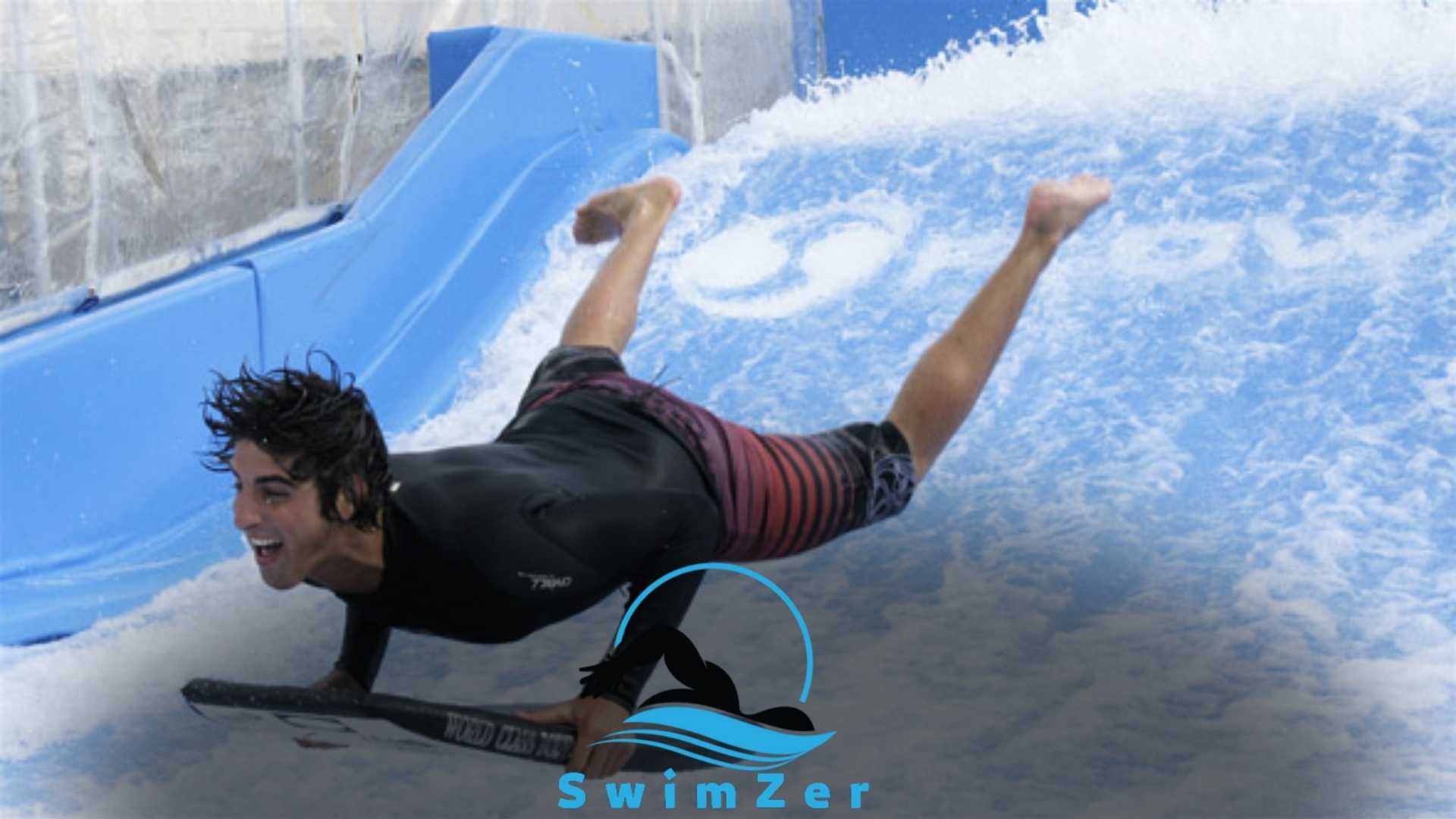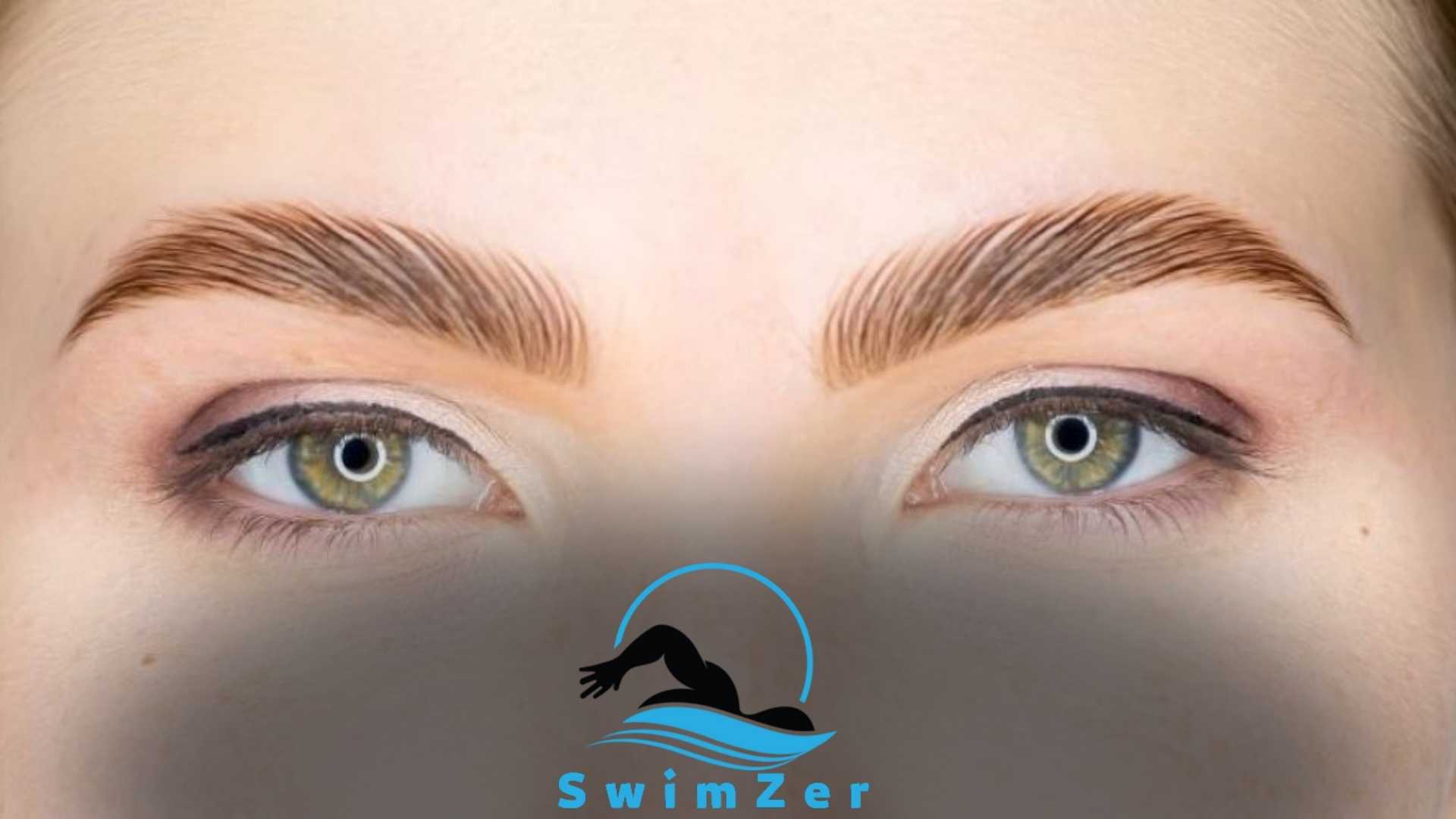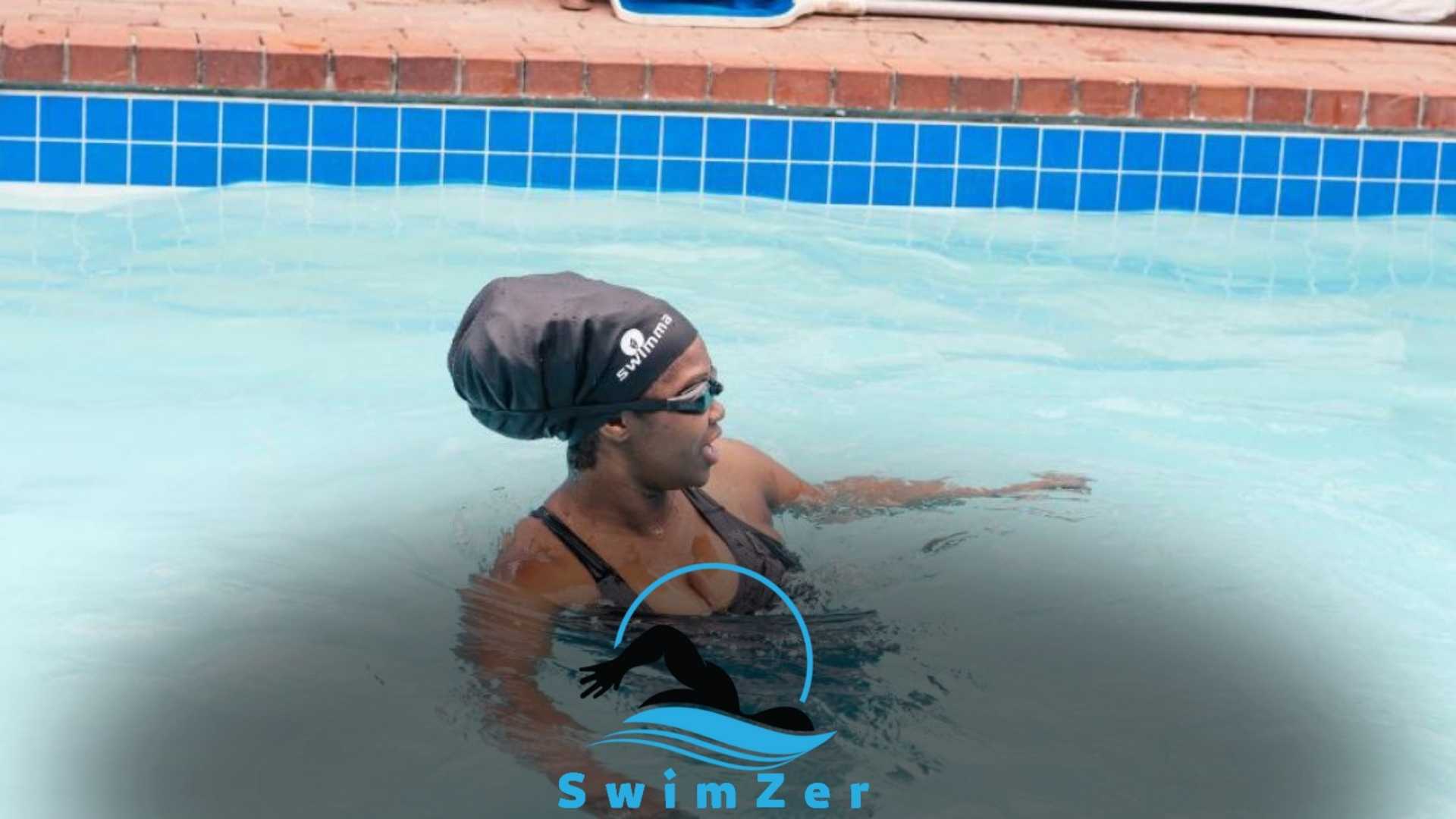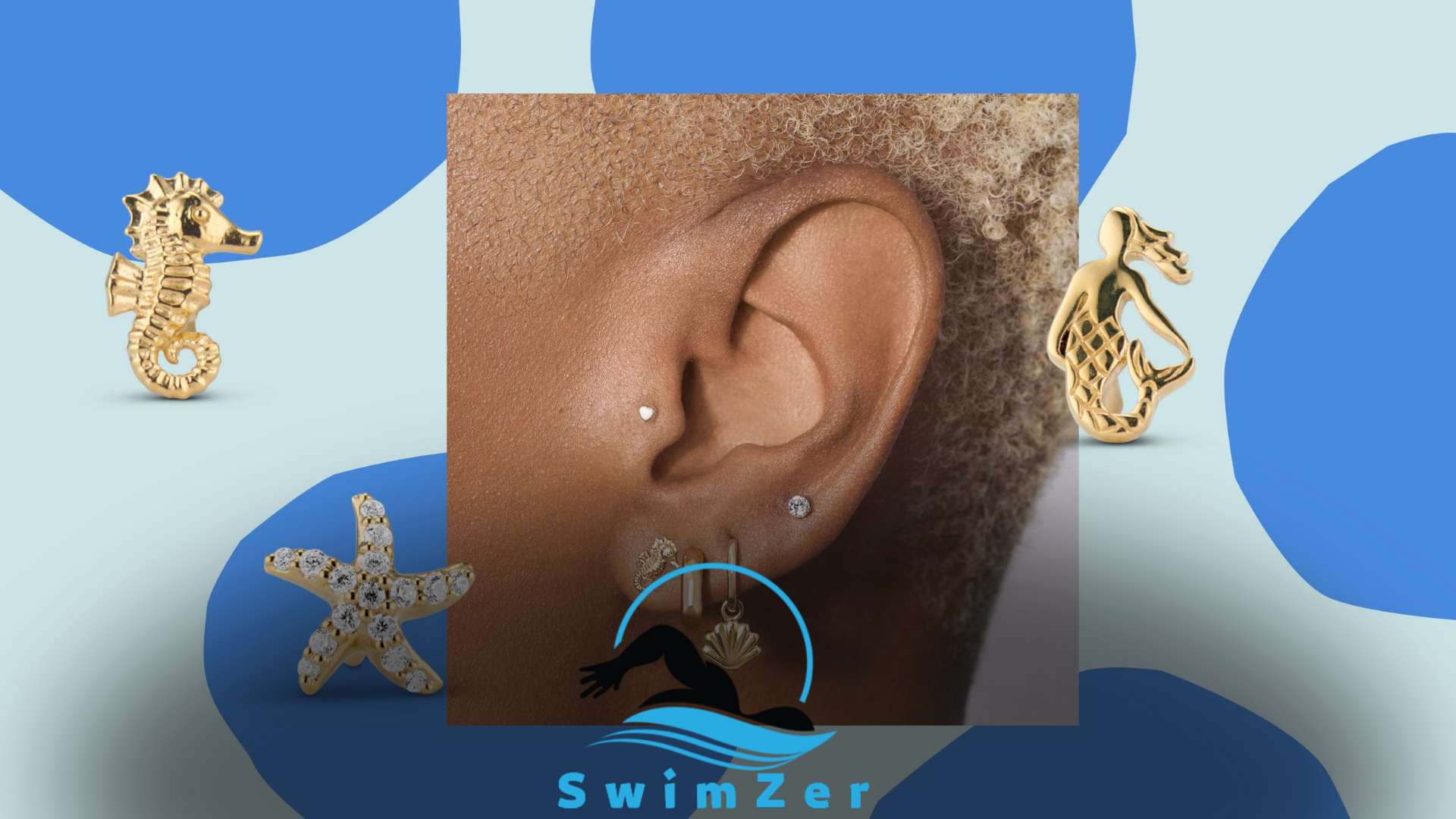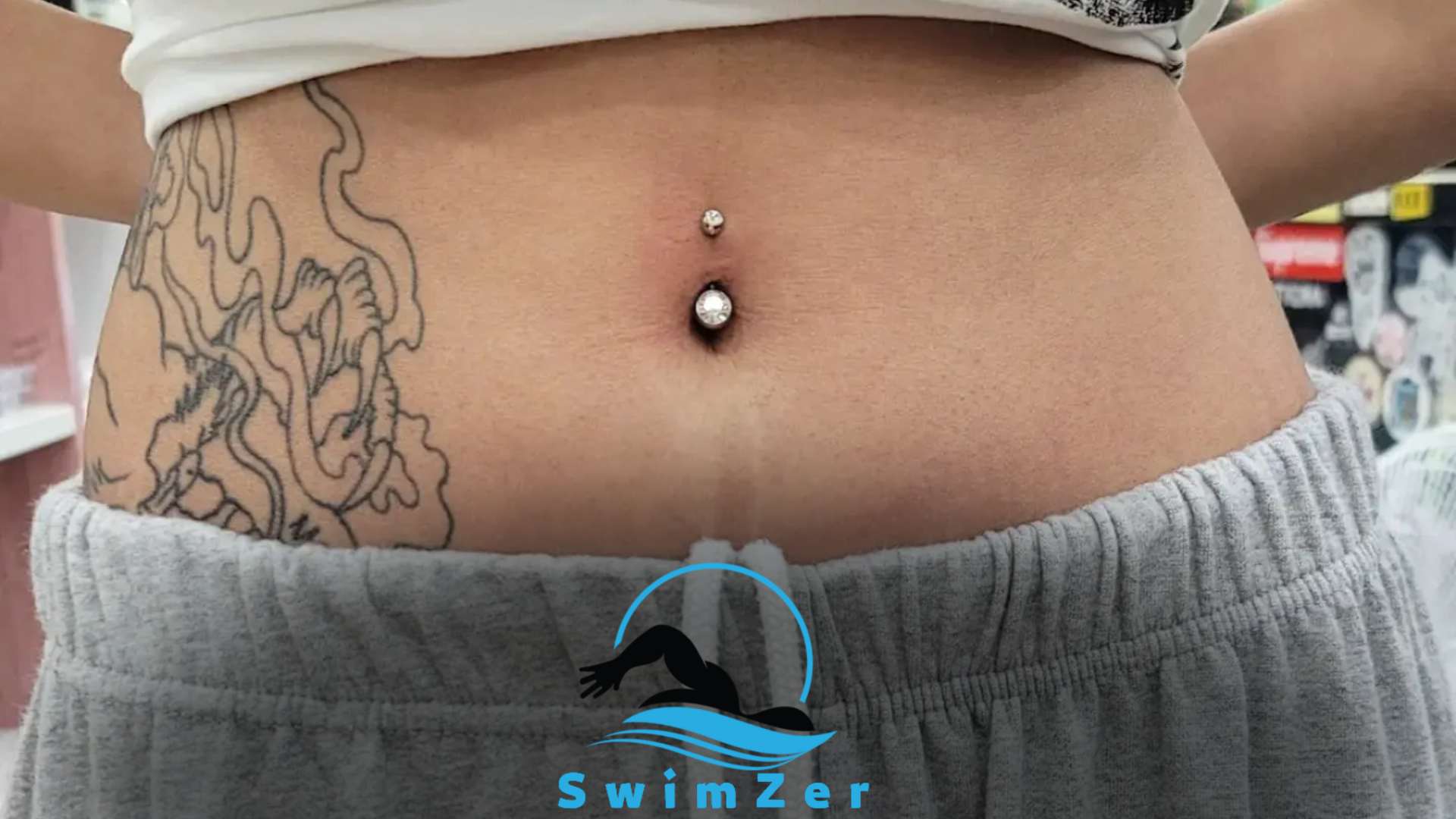Swimming with a henna tattoo is not recommended, as it can fade quickly, blur the design, and cause skin irritation. Henna tattoos are made from a paste of dried leaves and usually last for a few weeks.
However, the intensity and longevity of the tattoo’s color depend on factors like skin type, body part, and aftercare.
Since swimming usually requires chlorine or saltwater, it can affect the henna’s stability, and the tattoo might not last as long.
Furthermore, constant exposure to water can damage the skin’s upper layer, causing it to peel off, taking the tattoo with it.
Additionally, henna tattoos need to dry and settle for a few hours, making it crucial for the wearer not to come into contact with water during this time. It’s better to avoid swimming until the tattoo has fully oxidized and the paste has flaked off.
The Art and Culture of Henna Tattoos
Henna tattoos have been around for centuries, originating in ancient Egypt and India. They were commonly used as a cooling agent in the hot desert climate.
Today, the cultural significance of henna tattoos has grown beyond practical purposes to include beauty and symbolism.
The application process involves creating a paste from henna leaves and painting intricate designs on the skin. The dye is left on for several hours before being washed off, leaving behind a temporary tattoo lasting up to two weeks.
While henna tattoos are generally safe, swimming with them is not recommended, as they can fade or become patchy. Overall, henna tattoos are a beautiful way to adorn your body and express your creativity and individuality.
Henna tattoos and self-tanners both add a touch of color to the skin. If you’re considering a sunless tan, learn the best practices for swimming with self tanner to ensure it lasts and looks great.
Can You Swim With Henna Tattoos – Understanding the Risks
Henna tattoos are a popular form of temporary body art lasting up to two weeks. However, when it comes to swimming, the longevity of henna tattoos can be affected by several factors, such as the quality of the henna paste and how it was applied.
Swimming can also harm henna tattoos, as chlorine or salt water can cause ink to fade faster.
To protect your henna tattoo while swimming, it is recommended to apply a waterproof sealant, avoid rubbing or scrubbing the tattoo, and pat it dry after leaving the water.
Taking proper precautions allows you to swim with your henna tattoo without worrying about it fading too quickly.
Different Types of Henna Tattoos
Henna tattoos have become a popular form of temporary body art. There are different types of henna tattoos, including natural, black, and white henna tattoos.
Natural henna tattoos use a paste made from dried henna leaves to create brownish-red designs on the skin.
Black henna tattoos are made using a mixture of henna and hair dye, which can cause skin reactions and are not recommended.
White henna tattoos are made using body paint and adhesive stencils to create a white pattern on the skin.
It’s important to know the differences between these types of henna tattoos and their potential risks. Always research before getting any type of henna tattoo, and consult a professional if you have any concerns.
While henna tattoos are a temporary skin adornment, acrylic nails are a more permanent accessory. Dive into the guidelines for swimming with acrylic nails to keep them looking fabulous and intact.
Maintaining Your Henna Tattoo
Taking proper care of your henna tattoo is important so it lasts longer. While swimming, avoid chlorine water as it can cause fading.
Saltwater can also cause damage if it is not rinsed off immediately. Don’t use hot water when you showering, as it can cause the tattoo to fade quickly.
Instead, use lukewarm water and non-abrasive soap. Avoid applying oils, moisturizers, or makeup over the tattoo to prevent smudging or flaking.
Lastly, don’t scratch or pick at the tattoo, as it can cause damage and cause it to fade.
With the right care, your henna tattoo will look beautiful for weeks.
Press-on nails, like henna tattoos, can elevate your poolside look. Discover the essential tips for swimming with press-on nails to ensure they stay secure and stylish.
Frequently Asked Questions
Can You Swim With a Henna Tattoo?
Yes, you can. However, avoiding swimming in chlorinated pools, hot tubs, or the ocean is recommended, as it may cause the henna to fade faster.
How Long Should I Wait to Swim After Getting a Henna Tattoo?
It is best to wait at least 24 hours after getting a henna tattoo before swimming to ensure it has fully dried and set.
Will the Chlorine in the Pool Affect My Henna Tattoo While Swimming?
Yes, chlorine can cause the henna tattoo to fade faster. It is recommended to avoid swimming in chlorinated pools if possible.
Can I Cover My Henna Tattoo While Swimming?
Yes, covering your henna tattoo with a waterproof bandage or wrap can help protect it from fading while swimming.
How Long Will My Henna Tattoo Last After Swimming?
The lifespan of a henna tattoo depends on various factors, such as the quality of the henna used, skin type, and how well it was applied. However, swimming can speed up the fading process of a henna tattoo.
Conclusion
After conducting research and gathering information from various sources, it can be concluded that swimming with a henna tattoo is generally safe.
However, some precautions must be taken to ensure the tattoo stays intact and does not fade quickly.
To avoid any damage to the tattoo, it is recommended to avoid chlorinated pools and soak the tattoo area with oil before entering the water.
It is also important to take care of the tattoo after swimming by rinsing it with cool water and patting it dry gently.
Keeping the tattoo moisturized and away from excessive sunlight will prevent it from fading quickly. Overall, it is possible to enjoy swimming with a henna tattoo if the necessary steps are taken to protect and maintain it.










